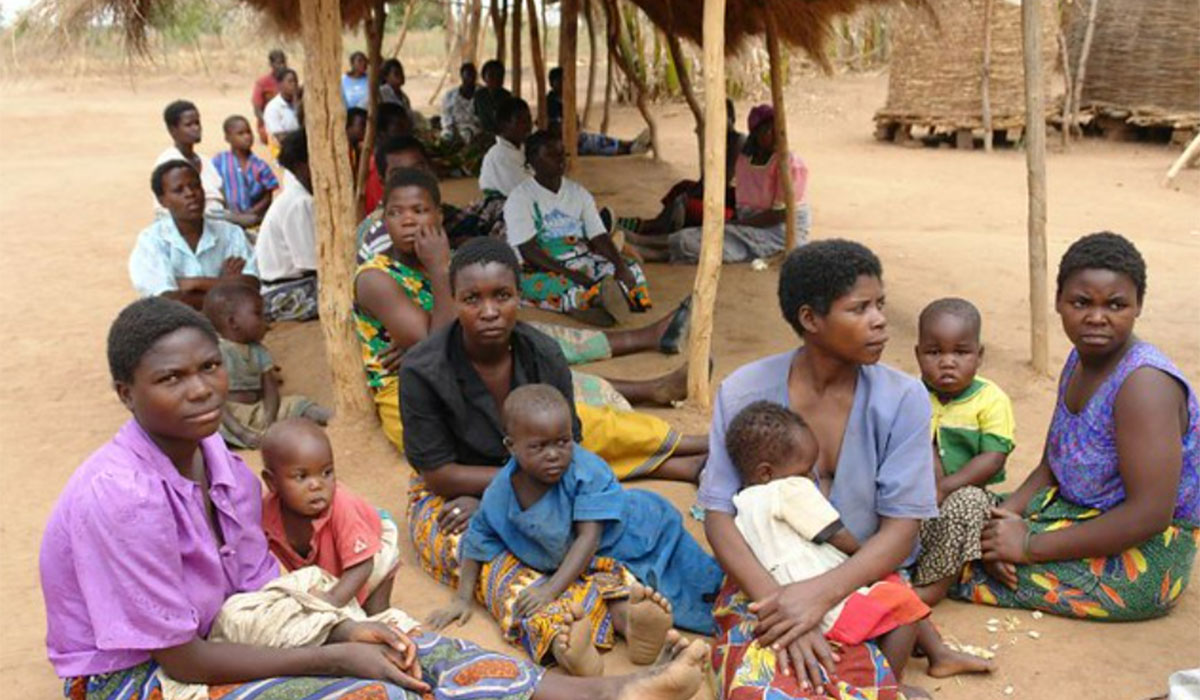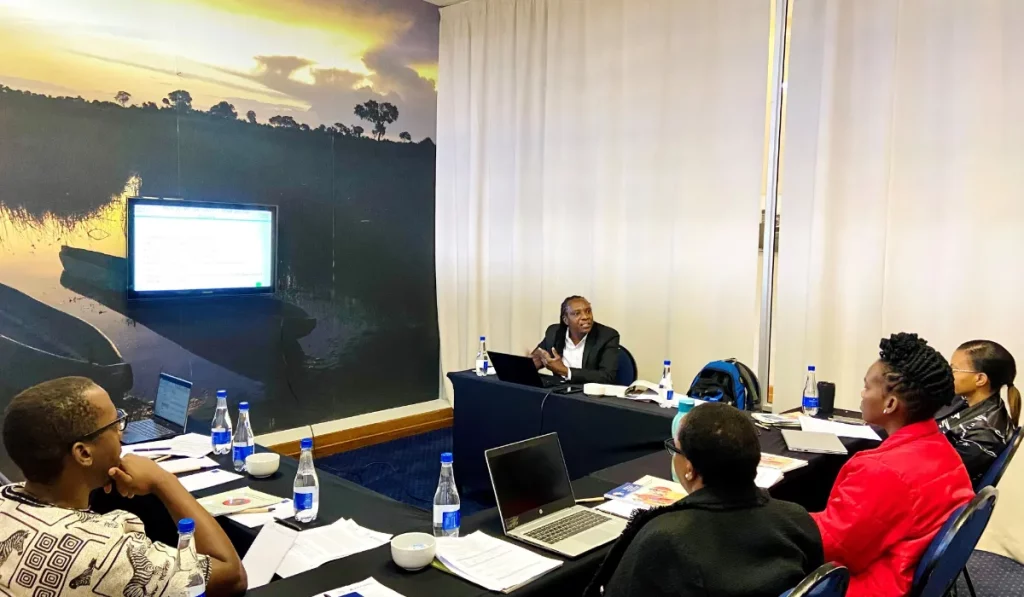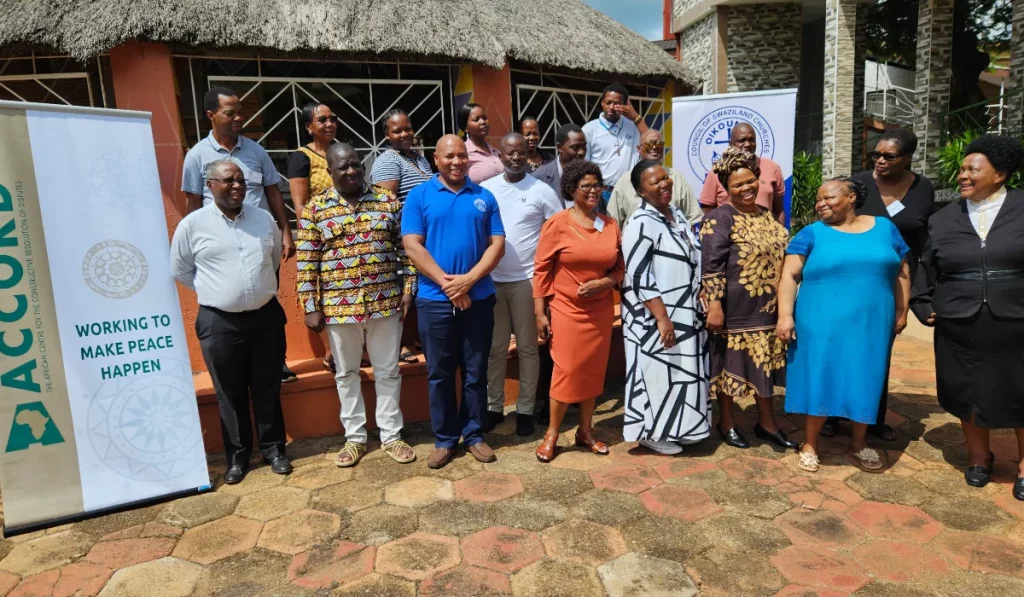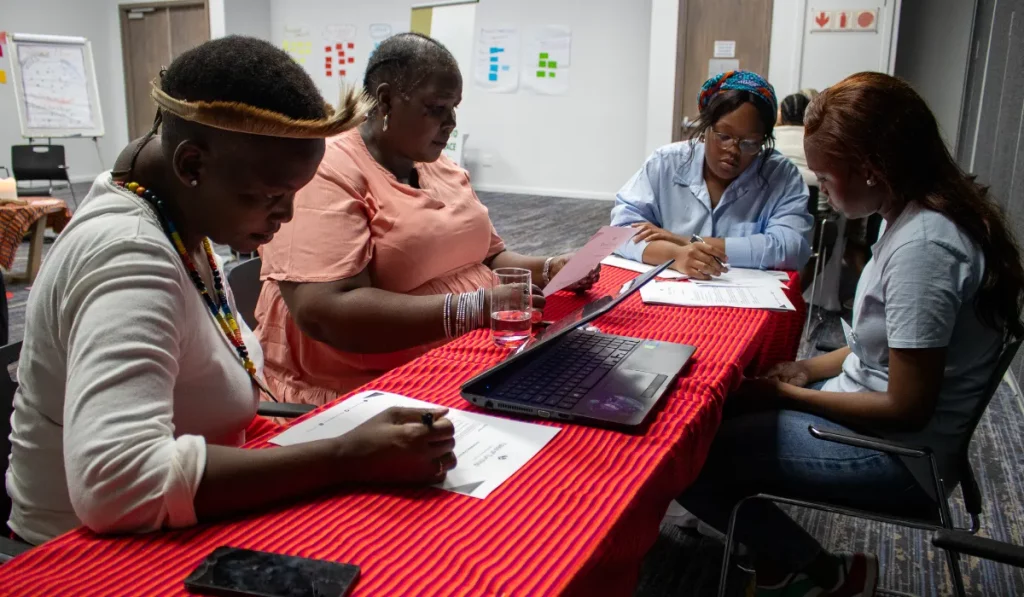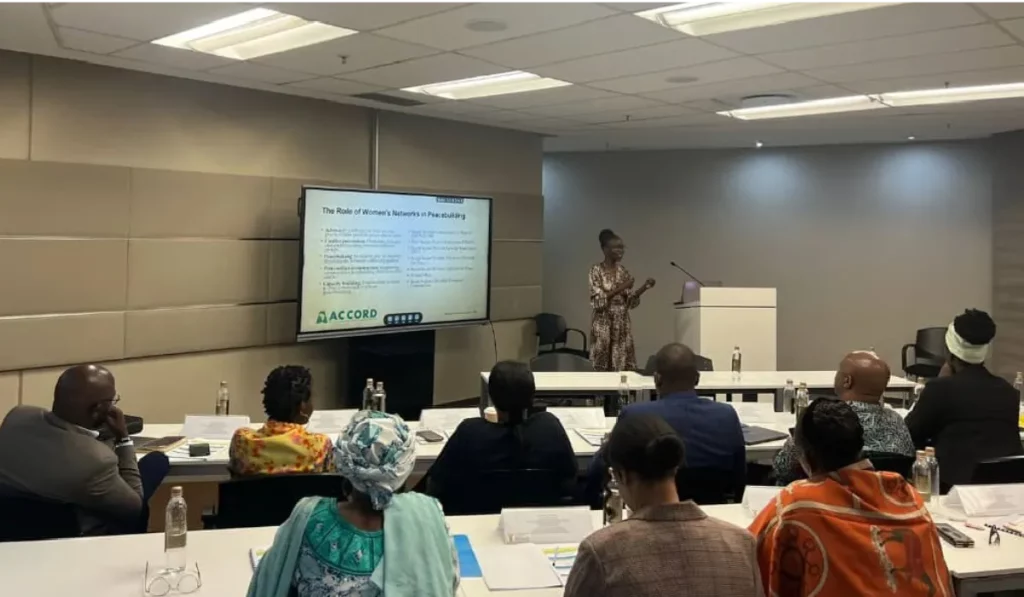As part of efforts to promote data availability and adequate monitoring of progress on the continent, the UN Women, in collaboration with the African Union Commission (AUC) Women, Gender and Youth Directorate (WGYD) and the United Nations Economic Commission for Africa (UNECA) are in the process of developing the 2021 AU Gender Scorecard. The aim of the scorecard is to measure national and continental progress towards Gender Equality and Women’s Empowerment (GEWE). The scorecard also seeks to amplify the call for the collection, analysis, storage and dissemination of sex and gender disaggregated data to support gender analysis of policies and programmes within the framework of the on-going data revolution in Africa. The 2021 edition of the AU Gender Scorecard breaks new ground in that it focuses on recent country data, and covers a wide range of indicators by focusing on four clusters: Violence Against Women and Girls (VAWG), Sexual and Gender-Based Violence (SGBV), Harmful Practices (HP), and Sexual and Reproductive Health and Reproductive Rights (SRH&RR).
The UN Women, AUC’s WGYD and UNECA conducted a virtual validation meeting of the 2021 AU Gender Scorecard for AU Member States, Regional Economic Communities and Civil Society Organizations, on 30 March 2022. This validation meeting provided the platform to review and provide input on the draft 2021 AU Gender Scorecard, with a critical assessment of the adequacy of proposed indicators. During the validation meeting, AU Member States, RECs and CSOs also discussed how the Scorecard should be disseminated and used. The African continent is abound with frameworks to implement global and regional commitments aimed at achieving GEWE and promoting women’s human rights. Availability of comprehensive and reliable data is considered a significant success factor towards realizing Agenda 2063, the 2030 Agenda for Sustainable Development and the Protocol to the African Charter on Human and Peoples’ Rights on the Rights of Women in Africa (Maputo Protocol), among others.
The validation meeting was attended by representatives from AU Member States, ministries and departments dealing with Data and Statistics, VAWG, SGBV, HP, SRH&RR, representatives from RECs and CSOs. Ms Rumbidzaishe Matambo attended the validation meeting representing ACCORD. ACCORD continues to support regional and national civil society organisations towards systematically monitoring national action plans on UN Resolution 1325 and the AU Solemn Declaration on Gender Equality in Africa as well as to implement regional action plans on UN Resolution1325 and other key resolutions on gender.

